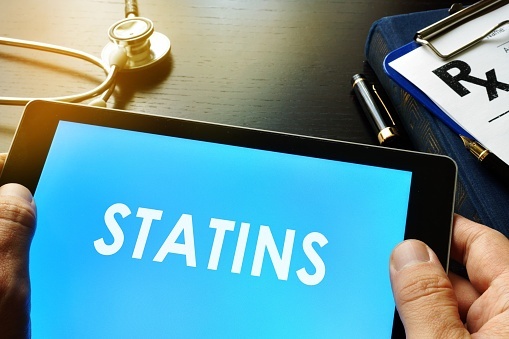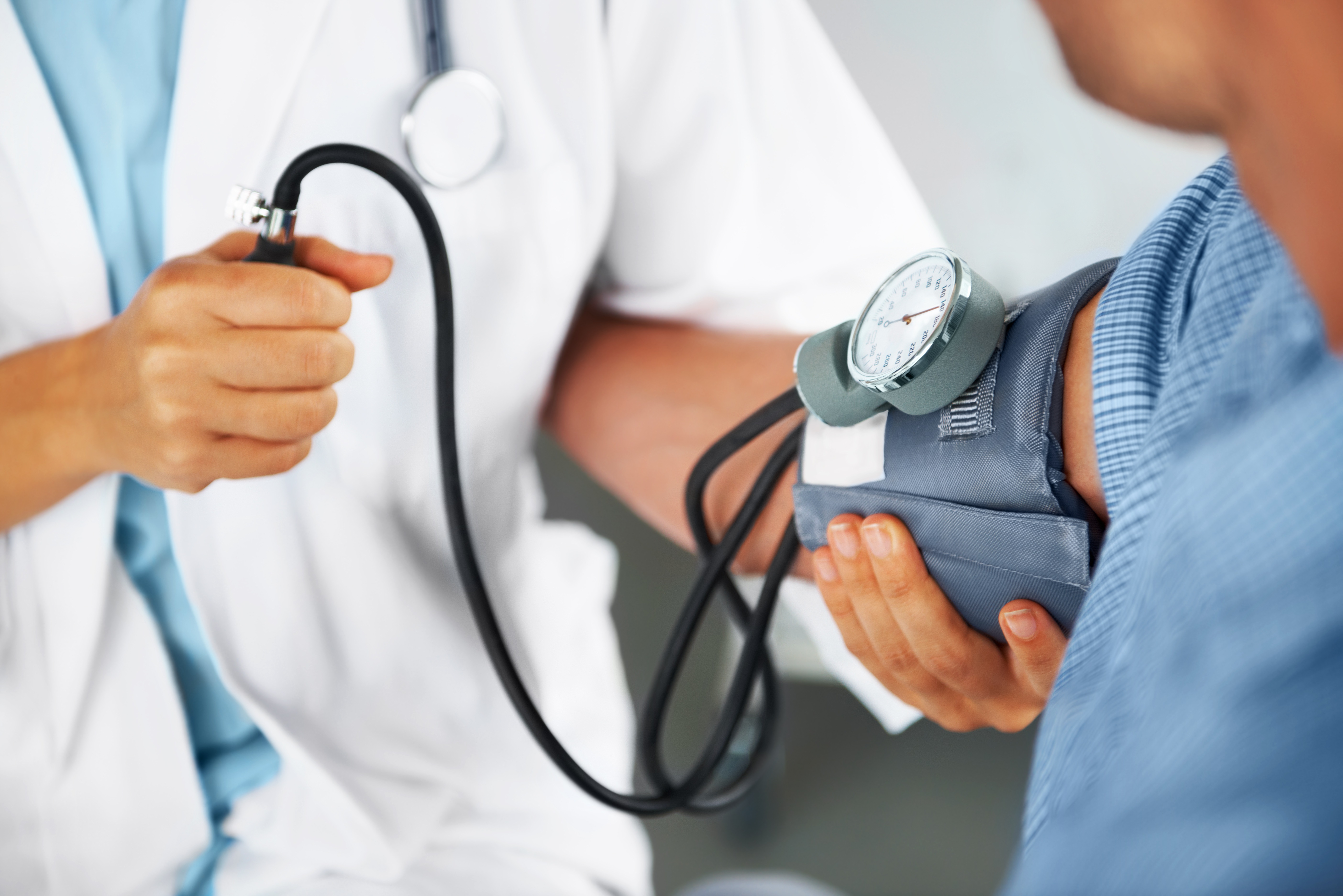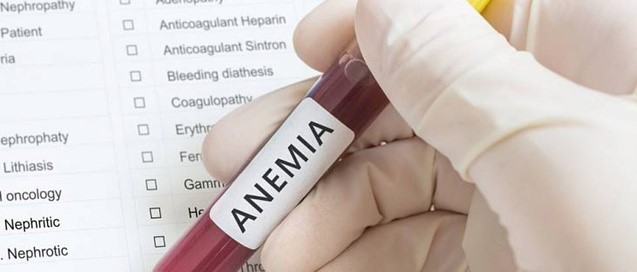
Kidney Week 2020
Some patients hospitalized with coronavirus disease 2019 (COVID-19) develop acute kidney injury (AKI). There are few data available on the risk factors for development of AKI among patients with COVID-19. Researchers in Louisiana, led by Ivo Lukitsch, MD, conducted a study to examine the association of demographics and comorbidities with the risk of AKI related to COVID-19; severity of AKI among patients with COVID-19 was also investigated.
The researchers reported results of the analysis during a virtual poster session at ASN Kidney Week 2020. The poster was titled Morbid Obesity, Hypertension, and Male Sex Are Associated with Greater Risk for AKI in Patients with COVID-19.
The observational study cohort included patients hospitalized with COVID-19 with and without a diagnosis of AKI at Ochsner Medical Center, New Orleans, Louisiana, over a period of 1 month. The study utilized comparison of means and proportions and logistic regression analysis to examine the relationship between baseline demographic and clinical characteristics and the incidence of AKI. The incidence of AKI requiring renal replacement therapy (AKI-RRT) was also examined.
Among a total of 644 patients with COVID-19, 26% (n=161) had a diagnosis of AKI and 64% (n=414) did not have a diagnosis of AKI. Patients in the AKI group were more likely to be male (62% vs 51%; P=.02) and have essential hypertension (83% vs 70%; P=.002) compared with patients in the group without AKI. Median mass body index (BMI) was higher in the AKI group than in the non-AKI group (34 vs 31 kg/m2; P<.0001). There were no differences between the two groups in age, race, or the presence of diabetes, chronic kidney disease, or heart disease.
In multivariate logistic regression analysis, there was a strong association between hypertension and greater risk for AKI (odds ratio [OR], 1.96; 95% confidence interval [CI], 1.2-3.2; P=.009). There were also associations between male sex (OR, 1.72; 95% CI, 1.1-1.9; P=.005) and higher BMI (OR, 1.04; 95% CI, 1.02-1.07; P<.001) and AKI.
Among patients with AKI-RRT, median BMI was higher and patients were younger than patients with AKI not requiring RRT (35 vs 33 kg/m2; P=.048 and 61 vs 68 years; P=.003, respectively). Higher BMI correlated with younger age (R=–0.53; P<.001).
In conclusion, the researchers said, “Hypertension, male sex, and higher BMI were associated with greater incidence of AKI in patients hospitalized with COVID-19. Higher BMI was further associated with AKI-RRT. Hypertensive, male, and obese patients are at higher risk for AKI related to AKI and should be more closely monitored during the COVID-19 pandemic.”
Source: Lukitsch I, Torres Ortiz AE, Mohammed AE, Walker JB, Mohamed M, Velez JCG. Morbid obesity, hypertension, and male sex are associated with greater risk for AKI in patients with COVID-19. Abstract of a poster presented at the American Society of Nephrology virtual Kidney Week 2020 (Abstract PO0700), October 22, 2020.






 © 2025 Mashup Media, LLC, a Formedics Property. All Rights Reserved.
© 2025 Mashup Media, LLC, a Formedics Property. All Rights Reserved.